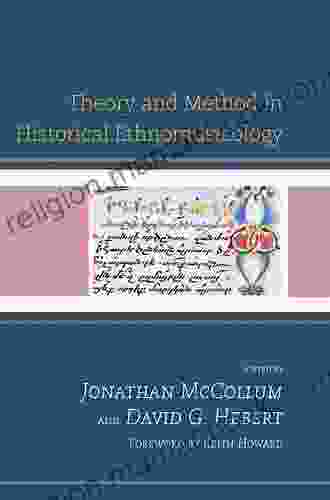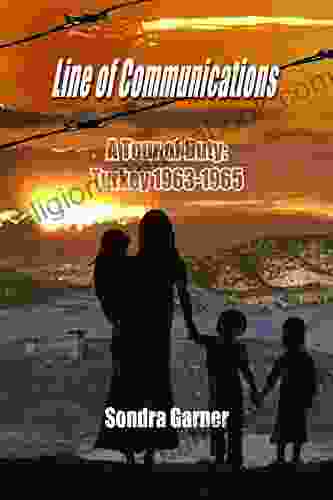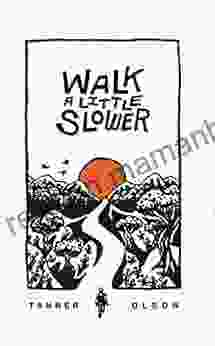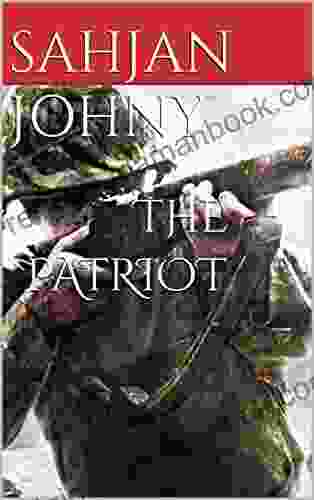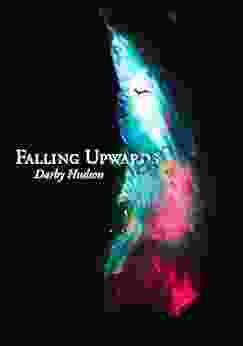Theory and Method in Historical Ethnomusicology

Historical ethnomusicology is a field of study that examines the music of past cultures using the methods of ethnomusicology. It is a relatively new field, with most of its development taking place in the last 50 years. However, it has quickly become one of the most important fields in ethnomusicology, as it provides a unique perspective on the history of music and culture.
5 out of 5
| Language | : | English |
| File size | : | 8674 KB |
| Text-to-Speech | : | Enabled |
| Screen Reader | : | Supported |
| Enhanced typesetting | : | Enabled |
| Word Wise | : | Enabled |
| Print length | : | 430 pages |
History of Historical Ethnomusicology
The roots of historical ethnomusicology can be traced back to the early 20th century, when scholars such as Curt Sachs and Erich von Hornbostel began to apply ethnomusicological methods to the study of historical music. However, it was not until the 1960s and 1970s that historical ethnomusicology emerged as a distinct field of study. This was due in part to the work of scholars such as John Blacking, David P. McAllester, and Bruno Nettl, who developed new methods for studying historical music.
Key Concepts in Historical Ethnomusicology
Historical ethnomusicologists use a variety of key concepts to understand the music of past cultures. These concepts include:
* Musical change: Historical ethnomusicologists are interested in how music changes over time. They study the factors that contribute to musical change, such as cultural contact, technological innovation, and social change. * Musical meaning: Historical ethnomusicologists are also interested in the meaning of music in past cultures. They study how music is used to express social, political, and religious ideas. * Musical performance: Historical ethnomusicologists study how music is performed in past cultures. They examine the role of performers, the use of instruments, and the context of musical performance.
Research Methods in Historical Ethnomusicology
Historical ethnomusicologists use a variety of research methods to study the music of past cultures. These methods include:
* Historical research: Historical ethnomusicologists use historical research to examine written and visual sources from past cultures. This research can help them to understand the cultural context of musical performance and the meaning of music in past societies. * Ethnographic research: Historical ethnomusicologists also use ethnographic research to study the music of living cultures. This research can help them to understand how music is used in contemporary societies and how it has changed over time. * Musical analysis: Historical ethnomusicologists also use musical analysis to study the music of past cultures. This analysis can help them to understand the structure, style, and meaning of music.
Challenges and Opportunities in Historical Ethnomusicology
Historical ethnomusicology faces a number of challenges, including:
* The lack of written sources: Many past cultures did not leave behind written records of their music. This can make it difficult for historical ethnomusicologists to study the music of these cultures. * The bias of written sources: The written sources that do exist are often biased towards the views of the ruling class. This can make it difficult for historical ethnomusicologists to understand the music of marginalized groups. * The difficulty of reconstructing past musical performance: It is often difficult to reconstruct past musical performance based on written sources and ethnographic research. This is because music is a ephemeral art form that is difficult to capture in words or notation.
Despite these challenges, historical ethnomusicology offers a number of opportunities for scholars. These opportunities include:
* The ability to gain a deeper understanding of the history of music: Historical ethnomusicology can help us to understand how music has changed over time and how it has been used to express different social, political, and religious ideas. * The ability to gain a better understanding of the cultures of the past: Historical ethnomusicology can help us to understand the cultures of the past by providing us with a window into their musical practices. * The ability to contribute to the development of new musical traditions: Historical ethnomusicology can help us to develop new musical traditions by providing us with a deeper understanding of the traditions of the past.
Historical ethnomusicology is a field of study that is still in its early stages of development. However, it has already made a significant contribution to our understanding of the history of music and culture. As the field continues to grow, it is likely to make even more important contributions in the years to come.
5 out of 5
| Language | : | English |
| File size | : | 8674 KB |
| Text-to-Speech | : | Enabled |
| Screen Reader | : | Supported |
| Enhanced typesetting | : | Enabled |
| Word Wise | : | Enabled |
| Print length | : | 430 pages |
Do you want to contribute by writing guest posts on this blog?
Please contact us and send us a resume of previous articles that you have written.
 Top Book
Top Book Novel
Novel Fiction
Fiction Nonfiction
Nonfiction Literature
Literature Paperback
Paperback Hardcover
Hardcover E-book
E-book Audiobook
Audiobook Bestseller
Bestseller Classic
Classic Mystery
Mystery Thriller
Thriller Romance
Romance Fantasy
Fantasy Science Fiction
Science Fiction Biography
Biography Memoir
Memoir Autobiography
Autobiography Poetry
Poetry Drama
Drama Historical Fiction
Historical Fiction Self-help
Self-help Young Adult
Young Adult Childrens Books
Childrens Books Graphic Novel
Graphic Novel Anthology
Anthology Series
Series Encyclopedia
Encyclopedia Reference
Reference Guidebook
Guidebook Textbook
Textbook Workbook
Workbook Journal
Journal Diary
Diary Manuscript
Manuscript Folio
Folio Pulp Fiction
Pulp Fiction Short Stories
Short Stories Fairy Tales
Fairy Tales Fables
Fables Mythology
Mythology Philosophy
Philosophy Religion
Religion Spirituality
Spirituality Essays
Essays Critique
Critique Commentary
Commentary Glossary
Glossary Bibliography
Bibliography Index
Index Table of Contents
Table of Contents Preface
Preface Introduction
Introduction Foreword
Foreword Afterword
Afterword Appendices
Appendices Annotations
Annotations Footnotes
Footnotes Epilogue
Epilogue Prologue
Prologue Carrie Gibson
Carrie Gibson Bernard Leo Remakus
Bernard Leo Remakus Douglas Doman
Douglas Doman Elisient Maeve Vernon
Elisient Maeve Vernon Mary Campisi
Mary Campisi Edgar Allan Poe
Edgar Allan Poe Jessica Fox
Jessica Fox Elizabeth Marshall Thomas
Elizabeth Marshall Thomas Jamie Chan
Jamie Chan Desiree Middleton
Desiree Middleton Fiona Quinn
Fiona Quinn Dan Cleather
Dan Cleather Leonardo Fernandes
Leonardo Fernandes Jonathan Wright
Jonathan Wright Weston Parker
Weston Parker Renata Pavrey
Renata Pavrey Rob Buchan
Rob Buchan Nic Pizzolatto
Nic Pizzolatto Joan Lipinsky Cochran
Joan Lipinsky Cochran Eric Helm
Eric Helm
Light bulbAdvertise smarter! Our strategic ad space ensures maximum exposure. Reserve your spot today!

 Geoffrey BlairBudweiser Keeps Clydesdales In The Spotlight: A Legacy of Strength and Grace
Geoffrey BlairBudweiser Keeps Clydesdales In The Spotlight: A Legacy of Strength and Grace Jett PowellFollow ·13.2k
Jett PowellFollow ·13.2k Clay PowellFollow ·13k
Clay PowellFollow ·13k Dwayne MitchellFollow ·12.5k
Dwayne MitchellFollow ·12.5k Ralph EllisonFollow ·6.1k
Ralph EllisonFollow ·6.1k Roland HayesFollow ·9.4k
Roland HayesFollow ·9.4k Brenton CoxFollow ·10.9k
Brenton CoxFollow ·10.9k Seth HayesFollow ·5.8k
Seth HayesFollow ·5.8k Julio CortázarFollow ·14.2k
Julio CortázarFollow ·14.2k
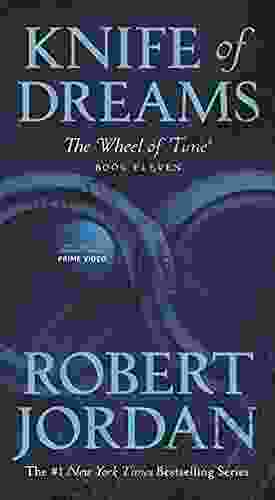
 David Peterson
David PetersonUnveiling Eleven of the Wheel of Time: A Journey Through...
In the vast and intricate...

 Curtis Stewart
Curtis StewartEbony Jay Rice: A Rising Star in the Entertainment...
Ebony Jay Rice is a force to be reckoned...

 Matt Reed
Matt ReedNavigating Mental Health with Science: Overcoming...
Mental health is an integral part of...
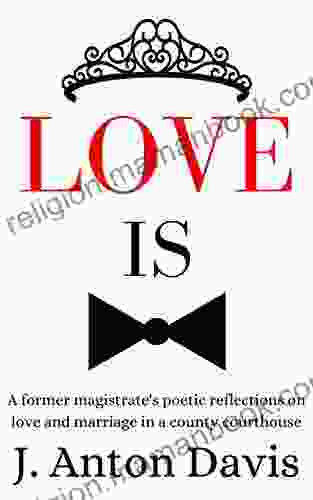
 Guillermo Blair
Guillermo BlairFormer Magistrate's Poetic Reflections on Love and...
In the hallowed halls...

 Corey Green
Corey GreenOf the Dead: William Burroughs' Post-Beat Masterpiece
William S. Burroughs' Of the...
5 out of 5
| Language | : | English |
| File size | : | 8674 KB |
| Text-to-Speech | : | Enabled |
| Screen Reader | : | Supported |
| Enhanced typesetting | : | Enabled |
| Word Wise | : | Enabled |
| Print length | : | 430 pages |


